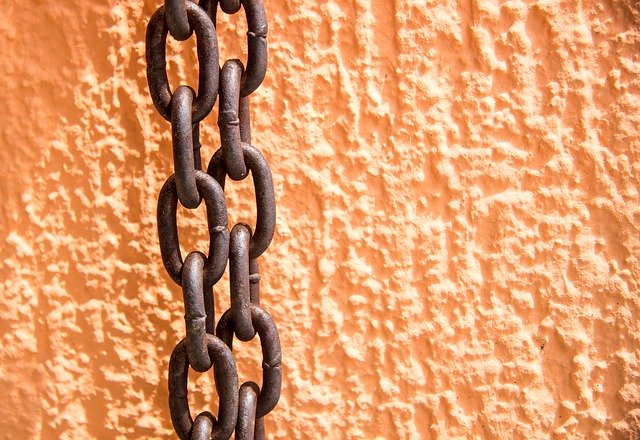A few years ago, the Guilford County Register of Deeds office created a lot of excitement among historians and others interested in early Guilford County, by creating an online database of slave deeds that documented the sell of people rather than property. As an extension of that project, the Register of Deeds Office is now partnering with NC A&T State University’s History/Political Science Department and UNC-Greensboro’s People Not Property project to present a weekly community video interview series on “The Slave Deeds of Guilford County.”
Each Friday, beginning on Friday, Feb. 21, the group will post an eye-opening interview on the web as well as on Facebook, YouTube and Twitter.
Anyone who’s taken time to look through the county’s old slave trade records knows that there’s a wealth of interesting and informative data contained in them – and the new interview series promises to be equally as fascinating.
The Guilford County Register of Deeds’ Community Innovation Lab (Co-Lab) has been working with the universities to put on the new 11-week Interview Series dealing with slave deeds in Guilford County.
Slave deed research is going on in many other counties in North Carolina as well – and that research will also be touched on in the series. In the videos, educators and community leaders will share their knowledge and insights on the importance of the slave deeds research now taking place in Guilford County, Buncombe County, and 24 other counties in the state.
According to information from the deeds office, in the series, “Each week a new interview will be posted on social media platforms covering many themes related to understanding dynamics surrounding the institution of slavery.”
Guilford County Register of Deeds Jeff Thigpen said this week that he’s very pleased his office is partnering with one of the Historically Black Colleges and Universities (HBCU) like NC A&T.
Thigpen also said this new series on the old trade will promote “the importance of understanding the institution of slavery in ways that educate and elevate the public conversation.”
“UNC-Greensboro’s People Not Property is a natural partner in this effort as well,” Thigpen added.
In recent years, Guilford County has researched over 400 bills of sale of enslaved people and put those into an online searchable database as a resource for historians and genealogists, as well as for the general public.
UNCG’s People Not Property project – being coordinated by Dr. Claire Heckel – has been digitizing slave deed records across North Carolina with the goal of creating a comprehensive searchable statewide database.
People Not Property is a program supported by a three-year grant from the National Historic Publications and Records Commission. In recent years, the county’s deeds office has collaborated on “The Bills of Sale: Slave Deeds of Guilford County Museum” Exhibition with NC A&T, UNCG, the International Civil Rights Center and Museum, the High Point Museum and with community organizations. That showcased the stories of local families within Guilford County.
The new “Community Interview” video series will cover topics of interest related to Guilford County and North Carolina history and it will also offer practical tips to genealogical and historical researchers.
The theme song for the video series is “Blood and Bones” – from the “Songs of Our Native Daughters” album from Smithsonian Folkways.
For more information, people can check out the following two sights: the Guilford County Register of Deeds website at www.guilforddeeds.com or UNCG’s People Not Property site at https://library.uncg.edu/slavery/deeds/.
The videos will be posted each Friday for 11 weeks on the web and the social media sights.


The people and governments who were in the slave trade, from before recorded history, are all dead.
Rather than stir up animosity from dead people; why not direct our efforts into curbing the slave
trade that exists today? For example indentured workers such as Indian children sold for cash by their parents
and relatives, or the sex trade from Eastern Europe and all over the third world?
How about we actually help those whose ancestors were enslaved figure out their family history, which was ripped to shreds. By the way, One day the same folks you try to defend will probably need to make those connections too and some yahoo will say “hey let’s worry about somebody else it’s happening to…”